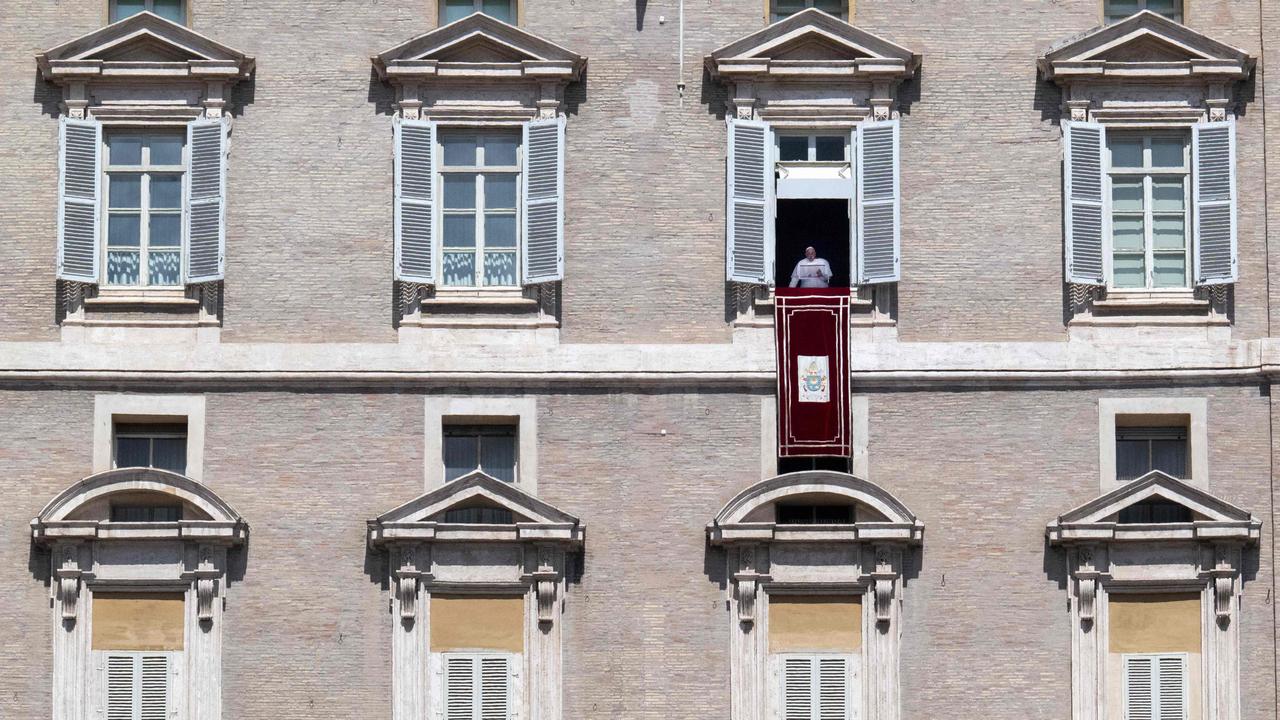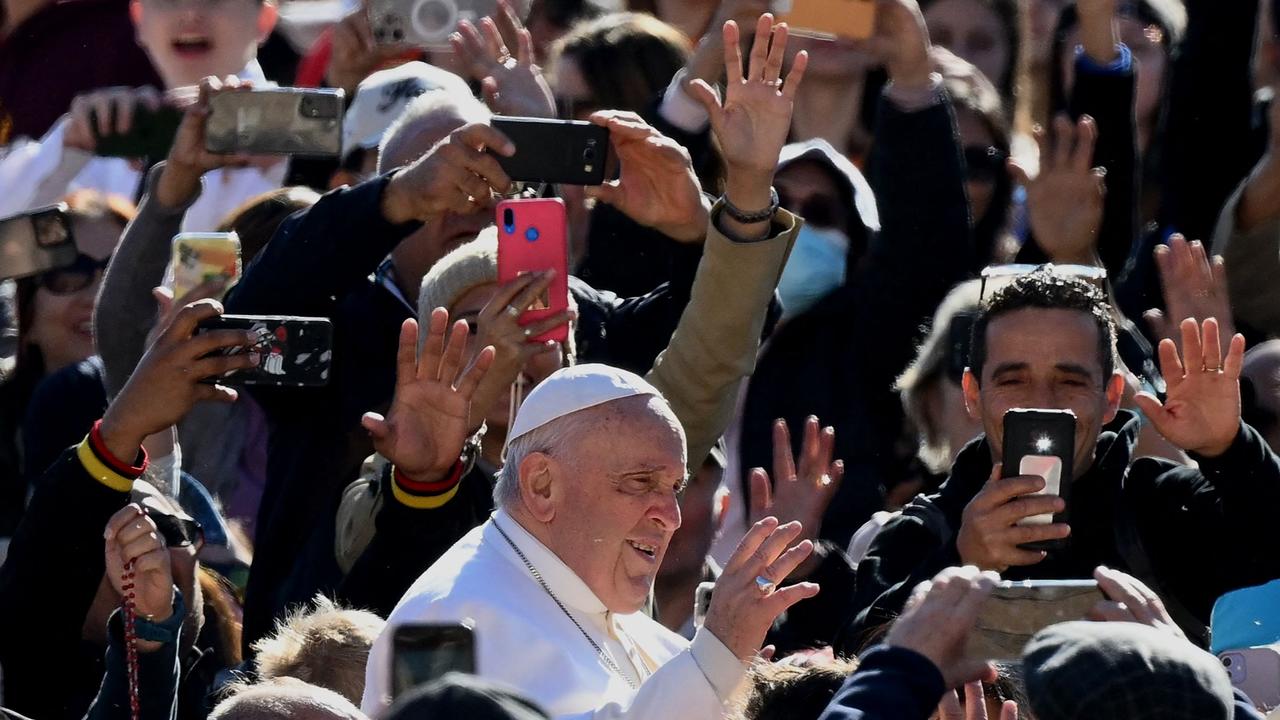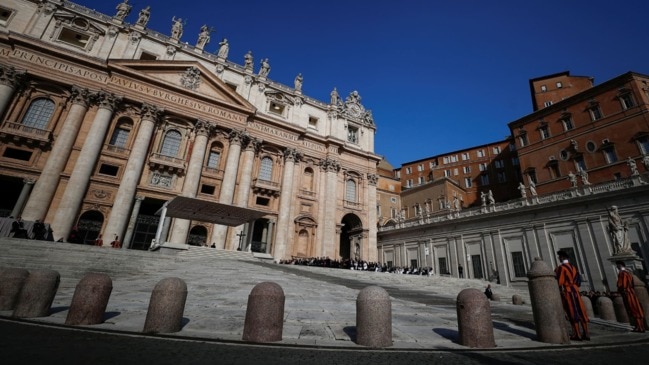Private Equity Is Gutting America — and Getting Away With It

Mr. Ballou is an attorney and the author of the forthcoming “Plunder: Private Equity’s Plan to Pillage America,” from which this essay is adapted.
“Private equity” is a term we’ve all heard but which, if we’re honest, few of us understand. The basic idea is simple: Private equity firms make their money by buying companies, transforming them and selling them — hopefully for a profit. But what sounds simple often leads to disaster.
Companies bought by private equity firms are far more likely to go bankrupt than companies that aren’t. Over the last decade, private equity firms were responsible for nearly 600,000 job losses in the retail sector alone. In nursing homes, where the firms have been particularly active, private equity ownership is responsible for an estimated — and astounding — 20,000 premature deaths over a 12-year period, according to a recent working paper from the National Bureau of Economic Research. Similar tales of woe abound in mobile homes, prison health care, emergency medicine, ambulances, apartment buildings and elsewhere. Yet private equity and its leaders continue to prosper, and executives of the top firms are billionaires many times over.
Why do private equity firms succeed when the companies they buy so often fail? In part, it’s because firms are generally insulated from the consequences of their actions, and benefit from hard-fought tax benefits that allow many of their executives to often pay lower rates than you and I do. Together, this means that firms enjoy disproportionate benefits when their plans succeed, and suffer fewer consequences when they fail.
Consider the case of the Carlyle Group and the nursing home chain HCR ManorCare. In 2007, Carlyle — a private equity firm now with $373 billion in assets under management — bought HCR ManorCare for a little over $6 billion, most of which was borrowed money that ManorCare, not Carlyle, would have to pay back. As the new owner, Carlyle sold nearly all of ManorCare’s real estate and quickly recovered its initial investment. This meant, however, that ManorCare was forced to pay nearly half a billion dollars a year in rent to occupy buildings it once owned. Carlyle also extracted over $80 million in transaction and advisory fees from the company it had just bought, draining ManorCare of money.
ManorCare soon instituted various cost-cutting programs and laid off hundreds of workers. Health code violations spiked. People suffered. The daughter of one resident told The Washington Post that “my mom would call us every day crying when she was in there” and that “it was dirty — like a run-down motel. Roaches and ants all over the place.”
In 2018, ManorCare filed for bankruptcy, with over $7 billion in debt. But that was, in a sense, immaterial to Carlyle, which had already recovered the money it invested and made millions more in fees. (In statements to The Washington Post, ManorCare denied that the quality of its care had declined, while Carlyle claimed that changes in how Medicare paid nursing homes, not its own actions, caused the chain’s bankruptcy.)
Carlyle managed to avoid any legal liability for its actions. How it did so explains why this industry often has such poor outcomes for the businesses it buys.
The family of one ManorCare resident, Annie Salley, sued Carlyle after she died in a facility that the family said was understaffed. According to the lawsuit, despite needing assistance walking to the bathroom, Ms. Salley was forced to do so alone, and hit her head on a bathroom fixture. Afterward, nursing home staff reportedly failed to order a head scan or refer her to a doctor, even though she exhibited confusion, vomited and thrashed around. Ms. Salley eventually died from bleeding around her brain.
Yet when Ms. Salley’s family sued for wrongful death, Carlyle managed to get the case against it dismissed. As a private equity firm, Carlyle claimed, it did not technically own ManorCare. Rather, Carlyle merely advised a series of investment funds with obscure names that did. In essence, Carlyle performed a legal disappearing act.
In this case, as in nearly every private equity acquisition, private equity firms benefit from a legal double standard: They have effective control over the companies their funds buy, but are rarely held responsible for those companies’ actions. This mismatch helps to explain why private equity firms often make such risky or shortsighted moves that imperil their own businesses. When firms, through their takeovers, load companies up with debt, extract onerous fees or cut jobs or quality of care, they face big payouts when things go well, but generally suffer no legal consequences when they go poorly. It’s a “heads I win, tails you lose” sort of arrangement — one that’s been enormously profitable.
But it isn’t just that firms benefit from the law: They take great pains to shape it, too. Since 1990, private equity and investment firms have given over $900 million to federal candidates and have hired an untold number of senior government officials to work on their behalf. These have included cabinet members, speakers of the House, generals, a C.I.A. director, a vice president and a smattering of senators. Congressional staff members have found their way to private equity, too: Lobbying disclosure forms for the largest firms are filled with the names of former chiefs of staff, counsels and legislative directors. Carlyle, for instance, at various times employed two former F.C.C. chairmen, a former S.E.C. chair, a former NATO supreme allied commander, a former secretary of state and a former British prime minister, among others.
Such investments have paid off, as firms have lobbied to protect favored tax treatments, which in turn have given them disproportionate benefits when their investments succeed. The most prominent of these benefits is the carried interest loophole, which allows private equity executives to pay such low tax rates. The issue has been on the national agenda since at least 2006, and three presidents have tried to close the loophole. All three have failed.
Most recently, in 2021, as part of his first budget, President Biden proposed to end the benefit for people with very high incomes. But as he made his pitch, private equity opposition surged, and the largest firms each spent $3 million to $7 million on lobbying that year alone. One firm, Apollo Global Management, employed the former general counsel to the House Republican caucus, a former senior adviser to a past speaker of the House, a former chief of staff to another speaker and a former senator, plus more than a dozen other former officials.
As the plan wound its way through Congress, it grew weaker, and by the fall of 2021, the proposal to end the benefit was no longer a part of Mr. Biden’s budget negotiations. Instead, Congress approved an amendment that largely exempted small and midsize companies owned by private equity firms from a new corporate minimum tax. It was an obscure but important consideration, and with it, private equity firms managed not just to protect a preferred tax advantage — the carried interest loophole, which benefited people like Blackstone’s Stephen Schwarzman, whose income in 2022 was 50 times that of the chief executive of Goldman Sachs — but also to win a new one.
The story further explains why the actions of private equity firms often have such sorry consequences for everyone except themselves. By protecting favored tax benefits, firms receive disproportionate gains when their strategies succeed. But, insulated from liability, they face little consequence if those plans fail. It’s an incentive system that encourages risky, even reckless behavior like that at ManorCare, and is designed to work for private equity firms and no one else.
But if private equity firms are powerful, so too are ordinary people, who’ve had surprising success confronting firms regarding unaffordable prison phone calls and surprise medical bills, among other issues. Even if we’re unlikely to fix our tax code soon, activists and others can still push to update our laws and hold private equity responsible for its actions. Congress can clarify that firms can be sued for wrongs committed by companies they effectively control. States and cities can do the same when portfolio companies are based in their jurisdictions. By making private equity firms responsible for their own actions, we can build a better — and fairer — economy, and make tragedies like that at ManorCare less likely. All we need is the courage to act.



